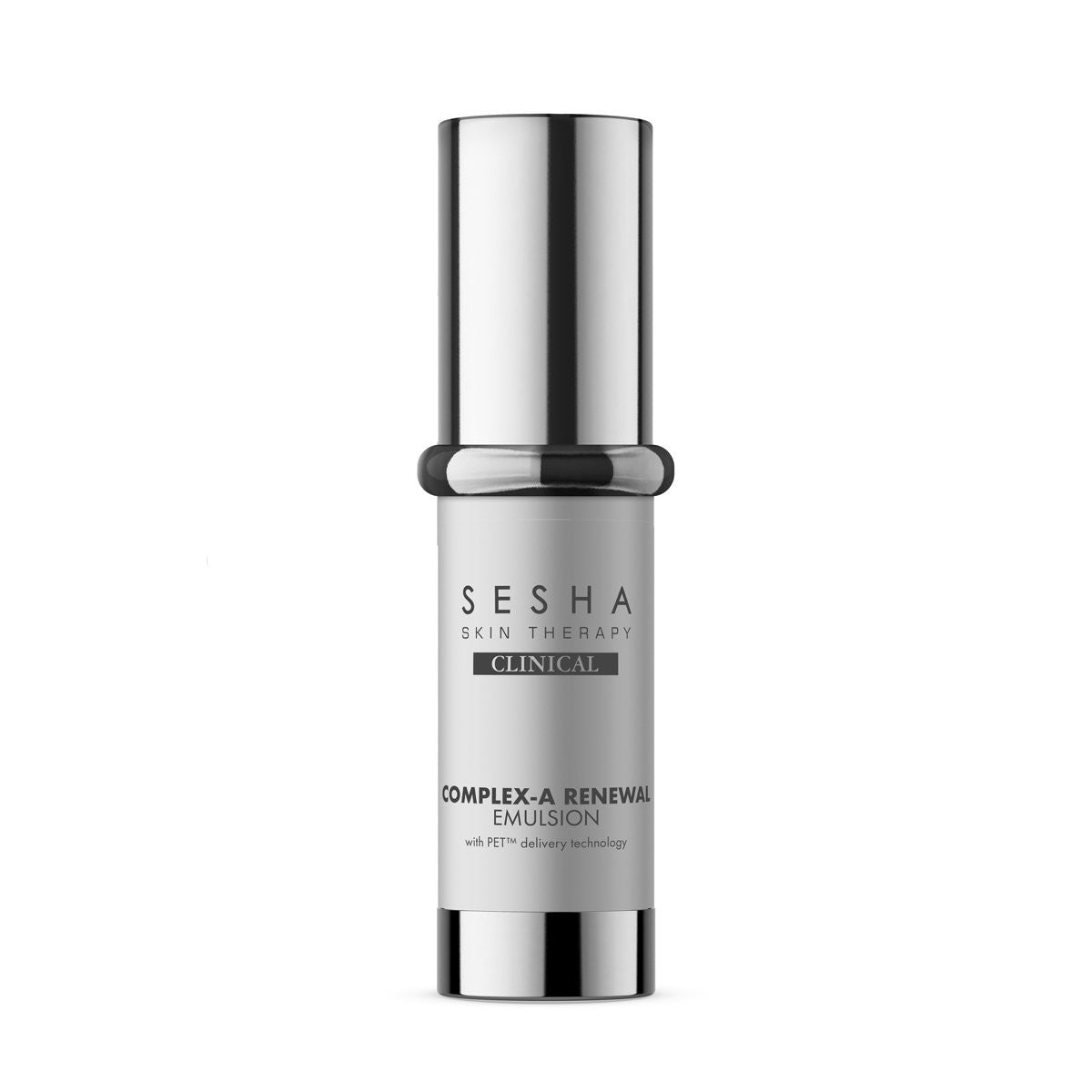Acne, dullness, brown spots, fine line, dark circles – there is no skin issue that cannot be alleviated with retinol. This holy grail of skincare ingredients is touted to be one of the most effective ways to address pretty much every skin concern and improve your skin’s health and appearance.

But what is retinol?
It is essentially a Vitamin A derivative, and along with a couple of other Vitamin A derivatives (most of which start with the letter R), it is an example of a retinoid. Retinoids work by binding to retinoic acid receptors in our skin cells, which then causes them to behave younger and much healthier. This helps increase skin cell turnover, increased collagen synthesis, balanced pigment production, and reduced pore clogging.
Depending on your skin type and issues, you can choose from different formulations, which include both over-the-counter (OTC) and prescription varieties. But in order to choose the right retinoid ingredient and product, you need to know about the most common forms of retinoid and how they can have different effects on your skin. Here they are:
-
Retinoic acid
Retinoic acid is the active form of Vitamin A that breaks down to bind with the skin cell receptors. It helps promote cell growth, improves hyperpigmentation and discoloration, and also increases collagen and elastin production.
-
Retinol
Retinol is widely found in various anti-aging products, like serums and lotions. They are highly effective in treating common signs of aging like fine lines and wrinkles, leaving you with a smooth and even skin tone. Retinol works to increase cell turnover and collagen production.
-
Tretinoin
Tretinoin, which is also known as Renova or Retin-A, is a topical retinoid available only through prescription. In addition to its anti-aging properties, it is also known for its anti-acne benefits.
-
Tazarotene
Also known as Tazorac, Tazarotene is a highly potent topical retinoid that is used to treat acne, dark spots, fine lines as well as psoriasis. It is also most potentially irritating.
-
Isotretinoin
Isotretinoin, more commonly known as Accutane, is another prescription retinoid. It is meant to be orally ingested, which makes it an effective form of treatment against aggressive, cystic or scarring acne.
-
Adapalene
Adapalene is an over-the-counter retinoid used for acne treatment. It is best for sensitive skin as it does not cause any irritation. It boasts of an anti-inflammatory effect and a low absorption rate.
-
Retinaldehyde
Retinaldehyde, also known as Retinal, is one of the newer retinoids available over the counter. Studies have shown that it can provide the same anti-aging benefits as retinol but faster and in a much more efficient manner.
-
Plant-based alternative
You might not even realize that retinol is most commonly sourced from animals such as beef, chicken or fish. If you want a plant-based, vegan alternative to traditional retinol, Bakuchiol is what you need. An extract of the babchi plant, Bakuchiol is gentler and less irritating than retinol and offers anti-aging and skin brightening properties. It is also useful for treating acne breakouts.
If you want to experience the many amazing benefits of retinol for your skin, shop our Clinical Complex A Renewal Emulsion and Optimum Super A Revital Emulsion. They are formulated to target fine lines, wrinkles, pigmentation and other common signs of aging, helping you achieve healthy, younger-looking skin.




